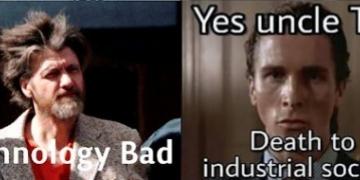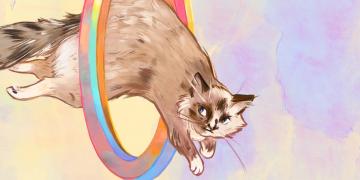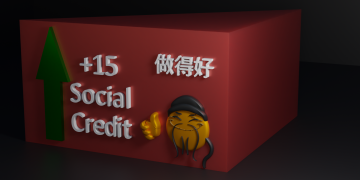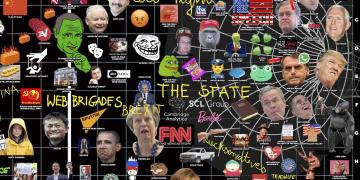Check our wiki on this topic
Memes
Wiki
Memes are “a group of digital items sharing common characteristics of content, form; created with awareness of each other; circulated, imitated and transformed via the internet by many” (Phillips, 2016).
Virality
Wiki
The spreading of digital content, such as images, videos, or links, in a short period of time through online media such as Social Networking Sites (SNSs) and electronic mail, shared by a large number of people.







